Zimbabwe
Shortage of cash in Zimbabwe has forced people desperate for money to camp along pavements.
The situation has also led to some waiting for long hours in queues to access their savings.
Most banks in the country close at 3pm on weekdays and about noon on Saturdays, forcing those who are not able to meet the deadlines to wait in line until the next day.
“The situation is terrible we have to brave the chilly weather because we have no option but to sleep here at the bank hoping to get cash in the morning. It’s bad,” Harare resident, Godfrey Nyangani said.
“How can I pay school fees, pay rent, feed my family with 30 US dollars. Besides, landlords don’t have swipe machines they want their money in cash so we end up sleeping here hoping to get cash. I have been sleeping here for the past week,” said Andrew Brown, another Harare resident.
Banks have also in recent times imposed daily maximum withdrawal of as little as 50 U.S. dollars per day sometimes.
The country last year introduced bond notes to ease the cash shortage.
According to Nelson Banya, an economic analyst based in Harare: “The crisis is basically a crisis of confidence in the economy in general and the financial sector, the banks in particular and this is shown by the dearth of new cash deposits into the system. The financial system does say in terms of official figures that they are sitting on 6 billion dollars in deposits but anecdotal evidence points to the fact that there is very little if any physical cash deposits going into the system, so what you have and that is then manifesting in the long lines that refuse to go away. People are simply drawing cash out from the system,”
Some businesses, especially those importing goods, are now offering discounts on cash purchases in U.S. dollars. Mobile or card transactions are also on the rise.
A long financial blues it’s been, the country in 2009 abandoned its own hyperinflation-hit currency in 2009 in favour of the U.S. dollar.
That decision has proved unpopular as a widening trade deficit, lack of foreign investment and a decline in remittances have led to the shortages.
The International Monetary Fund however says Zimbabwe needs comprehensive reforms instead, to address the problem.




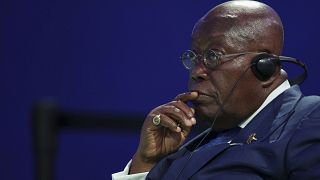
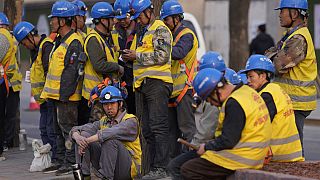
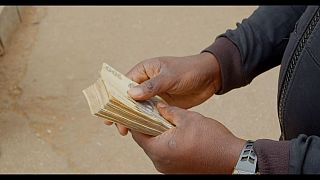
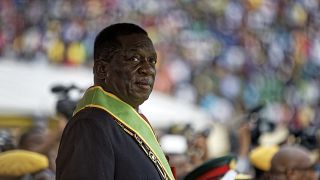
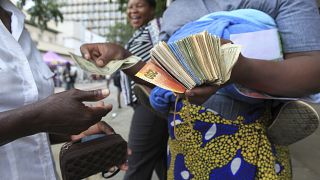


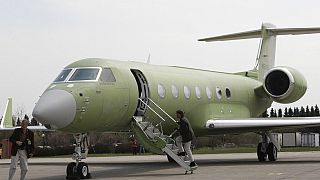
02:05
Over 2 billion people lack access to safe drinking water- UN report
01:02
Pics of the day: March 14, 2024
00:53
US imposes sanctions on Zimbabwe's president, first lady and 9 top officials
01:35
Funeral of Zimbabwe opposition activist takes place two years after her murder
00:58
Zimbabwe's vice president says the government will block a scholarship for LGBTQ+ people
00:53
Zimbabwe: Opposition figure sentenced to nine months In prison